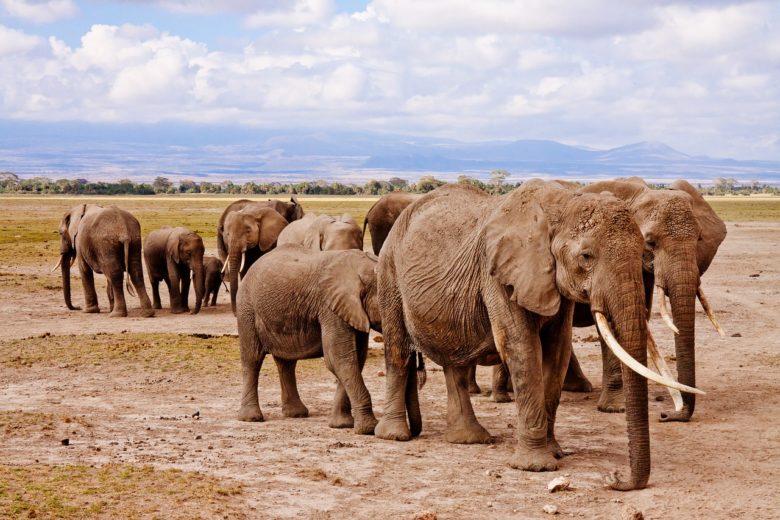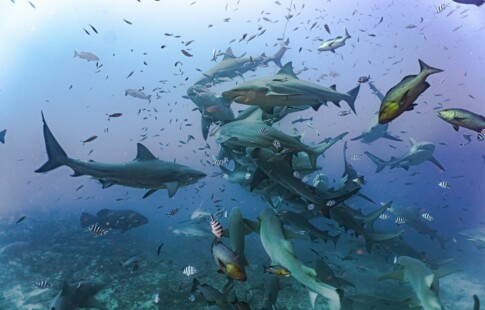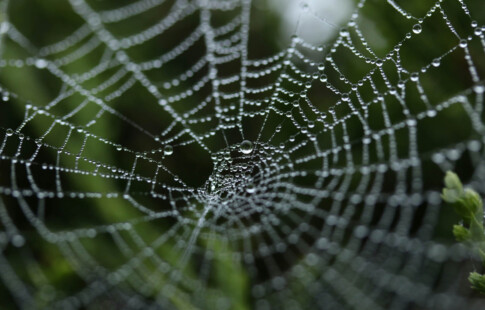
Ivory Trade Ban in China Punishing Ivory Smugglers
We are reader-supported. When you buy through links on our site, we may earn affiliate commission.
China is known as the largest illegal ivory market in the world. Up until recently, it was also the biggest legal ivory market. Effective Dec. 31, 2017, China banned all trade in ivory and ivory products.
The ban had immediate impacts on China’s legal ivory trade. In September 2018, wildlife monitoring organization TRAFFIC visited 71 shops in China that had previously sold ivory. They found 17 of the stores had closed, and 54 had no ivory products in stock. At the end of 2017, all of China’s ivory-carving factories shut down.
TRAFFIC also visited 157 markets and found ivory products in 345 unauthorized shops. Compared to a similar survey conducted the year before, the number of stores illegally selling ivory decreased by 30 percent, while the number of ivory products on display increased by 22 percent.
Another September study from TRAFFIC found a significant drop in the demand for ivory in China. Researchers surveyed 2,000 Chinese consumers and found 14 percent said they had bought ivory in the last 12 months. This figure represents a significant drop from 31 percent in a similar survey from 2017. Of those surveyed, 72 percent said they would not buy ivory, as compared to 50 percent the year before.
The China ban has had a significant impact on prices as well, which may make ivory trade less appealing to smugglers. When Chinese President Xi Jinping first announced the ban in 2015, prices dropped significantly. The price of a kilo of raw ivory fell from $2,100 to $500. Through 2017, there has also been an 80 percent decline in ivory seizures entering China, according to state-run news agency Xinhua.
The Ban’s Effects Abroad
The China ban may have helped reduce poaching around the world, including some high-profile arrests in Africa. Leaders in the African nations of Kenya and Tanzania have also stepped up significantly. As a result, poaching in Kenya reportedly decreased from 390 elephants in 2013 to 46 in 2017. In Tanzania, elephant killings declined by 55 percent from 2015 to 2016.Recently, a Tanzanian court sentenced Yang Feng Glan, a Chinese woman nicknamed the “Queen of Ivory,” to 15 years in prison. The court found her guilty of smuggling 860 elephant tusks worth $6.45 million. The two Tanzanian citizens accused along with her received two years of jail time or a fine of $12.9 million — twice the value of the smuggled ivory. Tanzania has also made other arrests and dismantled several poaching rings in recent years.
The ivory trade ban by China wasn’t the only reason for these changes. The ban may have helped spur these forward, however.
Other Challenges
Unfortunately, poachers may also target elephants for reasons besides ivory, so an ivory trade ban may not be enough to stop poaching fully. A team of researchers from the Smithsonian Conservation Biology Institute were recently studying Asian elephants in Myanmar and attached tracking collars to 19 elephants. Within a year, seven of the elephants had been poached. When the researchers returned to Myanmar, they found the poachers killed the elephants for their skin and meat, rather than their tusks.
That represents a new threat to Asian elephants. The species was typically less of a target for poachers, because only some of the males grow tusks, whereas African elephants of both sexes do. In response to their findings, the Smithsonian researchers are now working to figure out where and when people are poaching elephants in Myanmar so they can take steps to protect the animals.
Another challenge is that some of the ivory trade may have moved out of China into other nearby countries. The TRAFFIC study found people who often travel outside China have become more willing to purchase ivory, with Thailand being one of the most popular places to buy it. Thailand is increasing its efforts to stop the ivory trade. Making the ivory ban effective will require coordination from countries around the world.
Why Are Elephants Important?
In addition to being iconic, majestic creatures, elephants are vital to the ecosystems in which they live. In Africa, they help promote diversity of plant life, create new watering holes during droughts and clear the way for new vegetation. They’re also highly intelligent and capable of feeling strong emotions. In addition, they are a major attraction for tourists, which brings income to African communities and encourages increased funding for wildlife preservation.
The ban in China seems to have had a substantial impact on stopping the legal ivory trade in China. While it may have slowed down the illegal trade, there is still a lot of work to be done in that area. The ivory trade ban is also still relatively recent, so we’ll need some more time before we really know how well it’s working. In the meantime, we need to keep doing everything we can to protect the world’s elephants before it’s too late.
Share on
Like what you read? Join other Environment.co readers!
Get the latest updates on our planet by subscribing to the Environment.co newsletter!
About the author

Jane Marsh
Starting from an early age, Jane Marsh loved all animals and became a budding environmentalist. Now, Jane works as the Editor-in-Chief of Environment.co where she covers topics related to climate policy, renewable energy, the food industry, and more.





